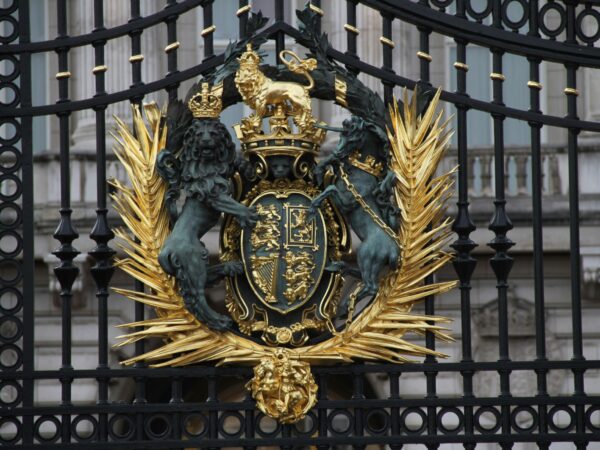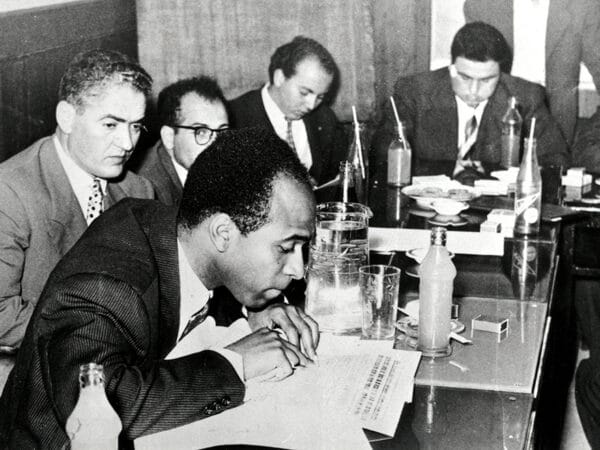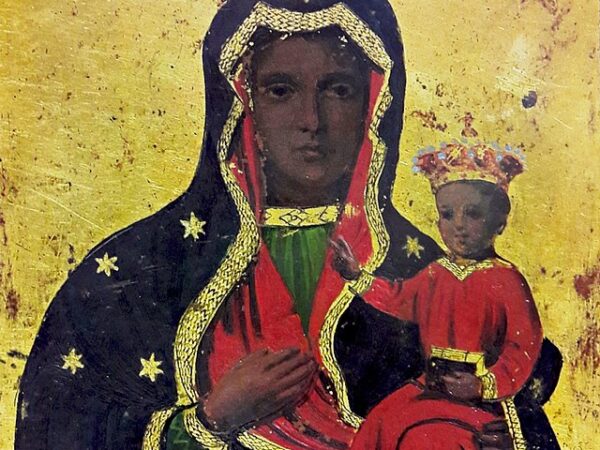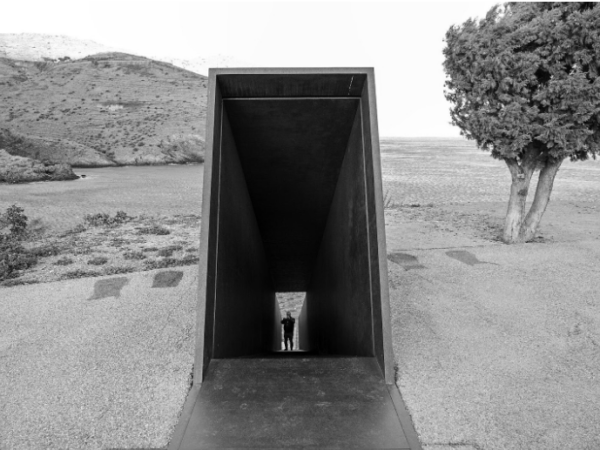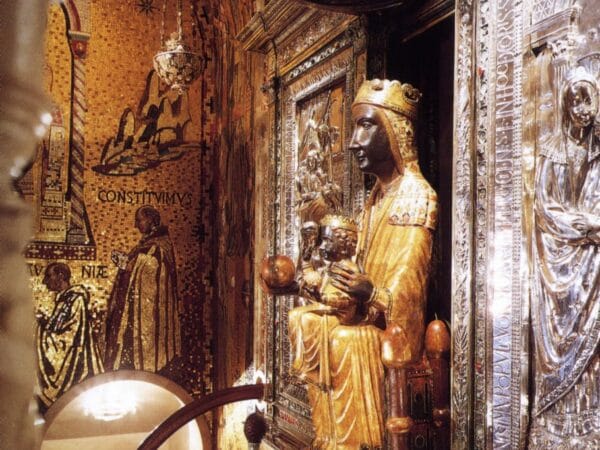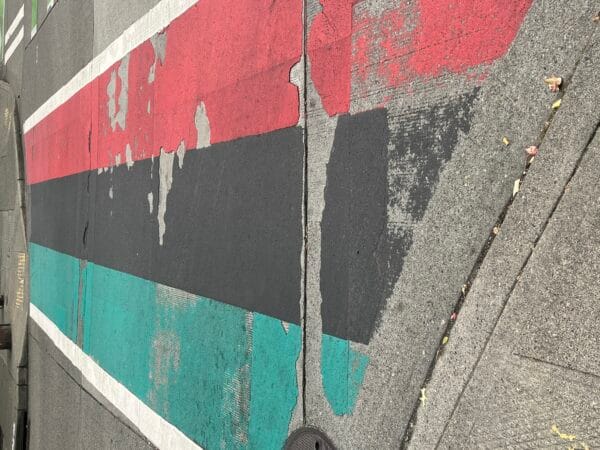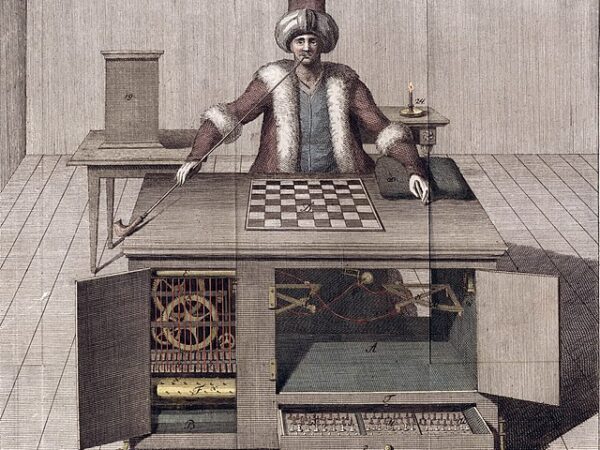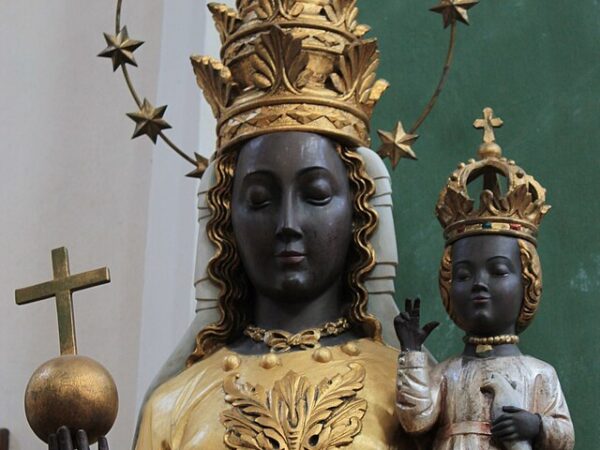
This essay is part of a book forum on Immaculate Misconceptions by Amey Victoria Adkins-Jones.
By Zoe Boyle
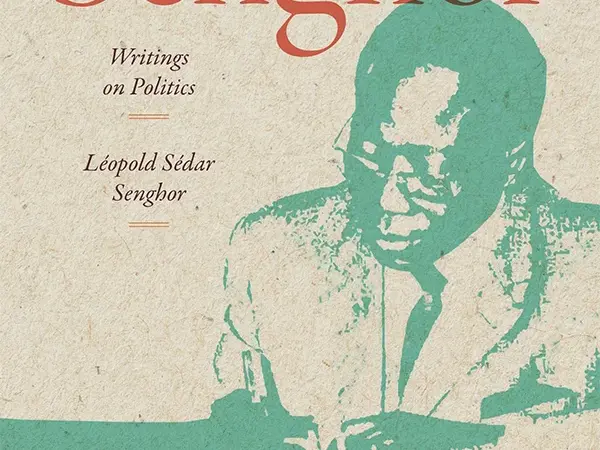
Translating Senghor’s political writings shows the continued relevance of Negritude in the conceptualization of political community in the wake of the encounter between Africa and Euro-America. However, framing the translation, like engaging any of Senghor’s work, ought to pay close attention to his African critics.
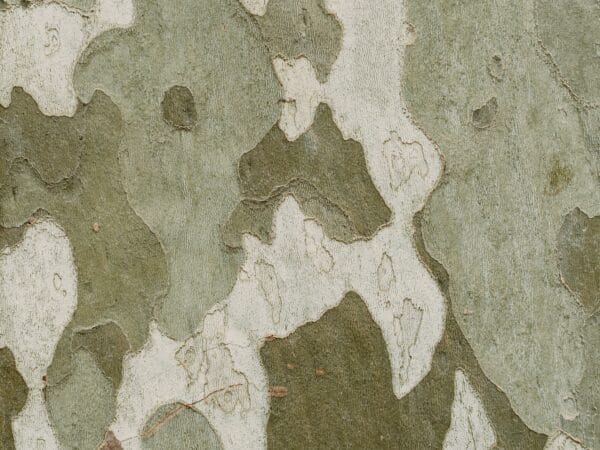
Politics does not lie in interruption as such, but rather in a process that includes this transition. This transition does not simply reaffirm the existing logos, but must be able to restructure or modify it significantly each time. From this perspective, Lapidot’s true politics reveals its other name: translation.

